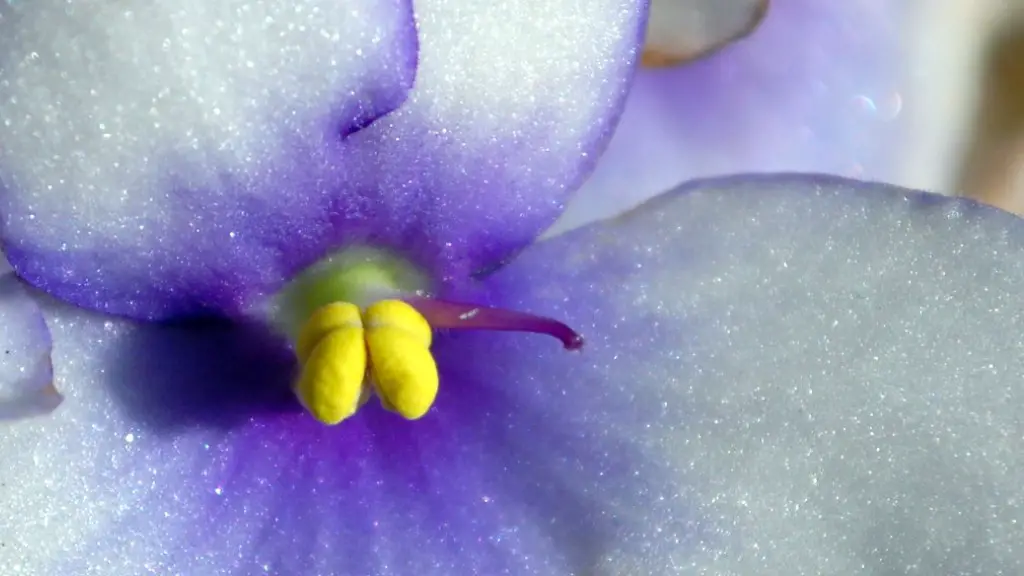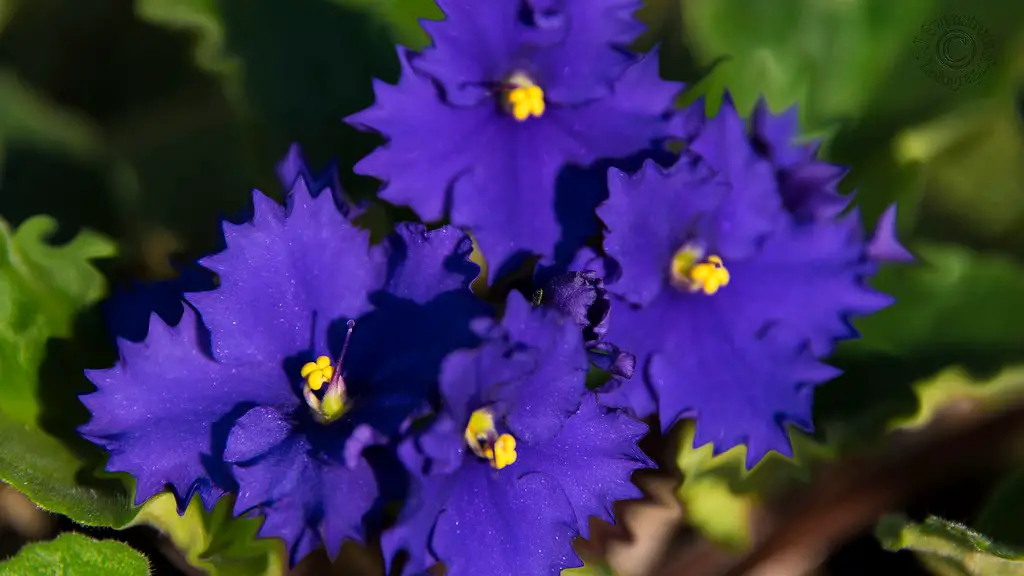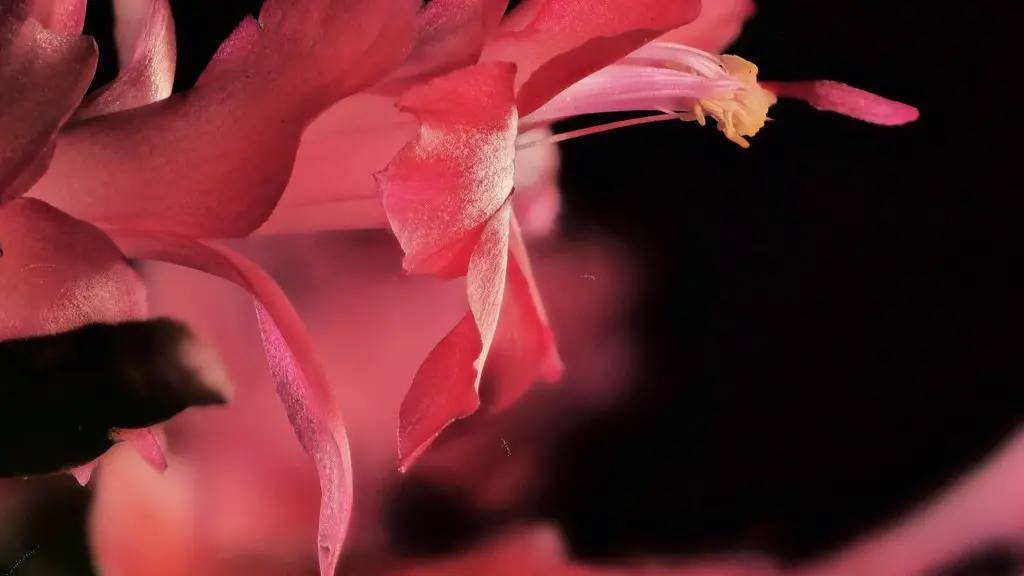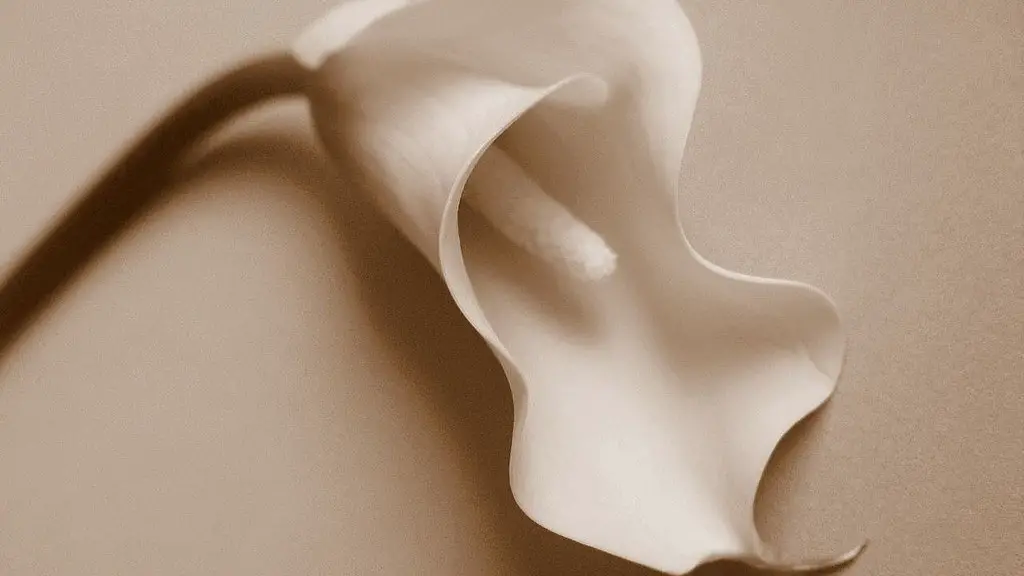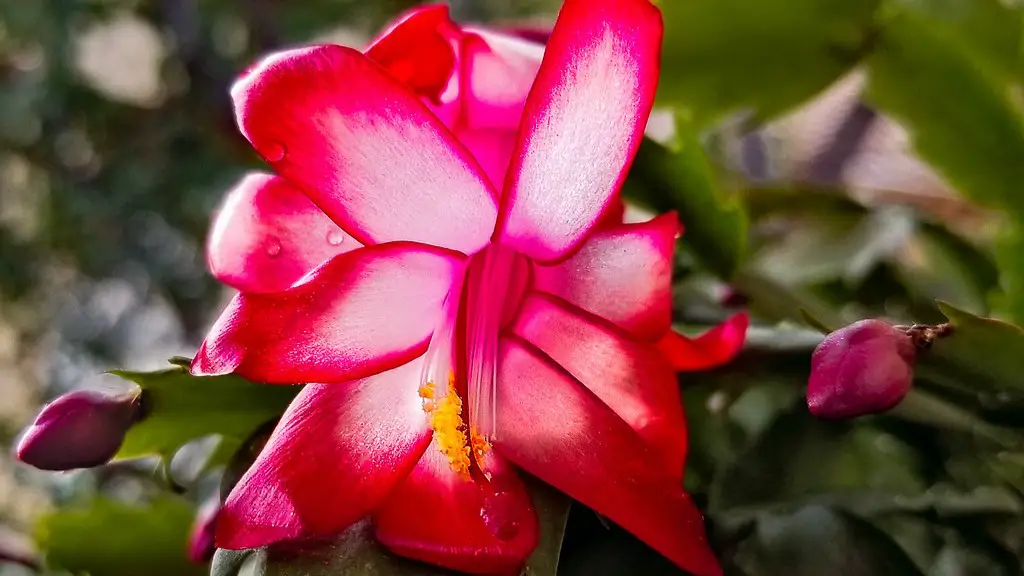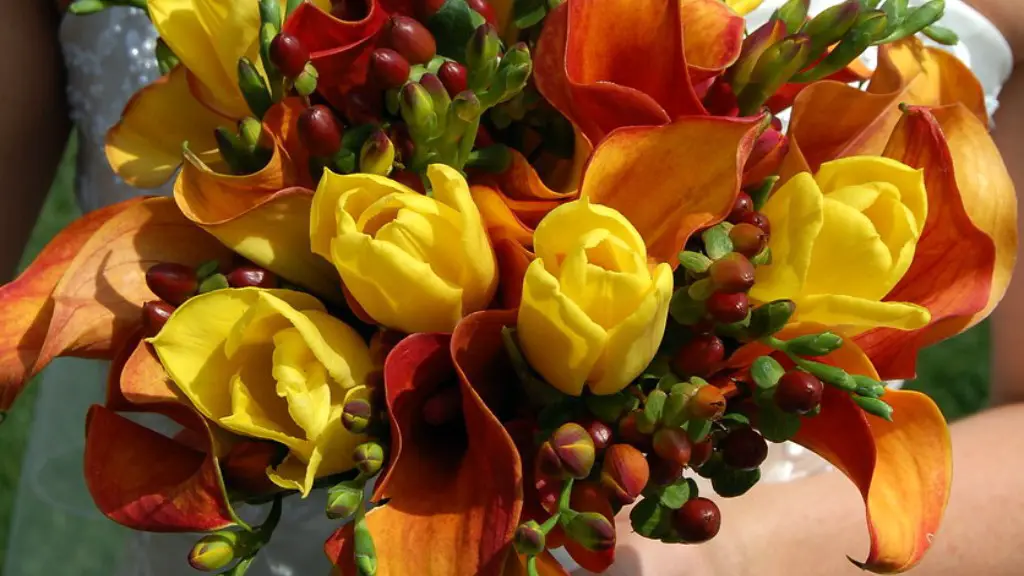African violets are a type of houseplant that is relatively easy to care for. They are known for their beautiful, purple flowers. Many people wonder how often they should force African violets to flower.
There is no set answer to this question. Some people force their African violets to flower once a month, while others do it every few months. It really depends on your personal preference and how often you want to see your plants in bloom.
If you force your African violets to flower too frequently, they may become stressed and stop flowering altogether. So, it is important to find a balance that works for you and your plants. With a little trial and error, you will soon find the perfect schedule for forcing your African violets to flower.
There is no one definitive answer to this question. Some aficionado growers force their plants to flower several times a year, while others allow their plants to follow their own natural blooming cycle.
How can I encourage my African violet to bloom?
If your African violet isn’t blooming, it’s likely because it’s not getting enough light. African violets need indirect sunlight, and direct sunlight can burn the leaves. Choose a north- or east- facing window for best results, and keep plants away from cold glass. Rotate the pot once a week so all leaves receive light.
African violets are known for their beautiful flowers, and with the right growing conditions, they can bloom frequently. With proper care, a healthy African violet can produce several flowers at once that last for several weeks. If you remove the old flowers (known as disbudding), new flowers should appear within 6 to 8 weeks.
How often should African violets bloom
African violets are a type of plant that can bloom nearly year-round if the correct conditions are met. Each bloom lasts for about 2-3 weeks, and during that time the plant will produce a beautiful flower. With proper care, African violets can bloom 10-12 months out of the year.
African violets need bright, indirect sunlight to bloom well. Too little sunlight causes them to stretch for the light and produce few or no flowers; too much sun can burn the leaves. An east-facing window is ideal, especially with a sheer curtain to block the sun’s harshest rays.
Does Epsom salt help African violets bloom?
Epsom salts are a great way to provide plants with essential magnesium and sulfur. These two minerals are needed to produce beautiful blooms and healthy foliage. To use, mix one and a half teaspoons of Epsom salts in a quart of tepid water and swirl to dissolve. Water your African violets (below the leaves) with this solution once a month.
It is important to water African violets carefully, as they are susceptible to crown rot. Do not mist the foliage, as this may cause permanent leaf spotting. Use room-temperature water and water the plant at the base, being careful not to saturate the crown.
Should African violets dry out between watering?
African violets need to be watered when the top of the soil is dry to the touch. They should be allowed to dry out between each watering for best results. Overwatering can kill a plant. The fine roots of an African violet need air, which cannot penetrate a soggy wet soil mass.
African violets grow best in well-drained, slightly acidic soil. Miracle-Gro® Indoor Potting Mix is specially formulated to provide indoor plants like African violets with just the right growing environment. This mix contains perlite and peat moss to help improve drainage and maintain a slightly acidic pH that African violets prefer.
What is the secret to growing African violets
African violets need at least 10 hours of bright, filtered light to thrive. They cannot tolerate direct sun, as it will scorch their leaves. The soil should be kept moist, but well drained. This will prevent the roots from rotting.
While wild violets can add beauty to a garden, they can also be very difficult to control. Their aggressive behavior makes them difficult to remove, and they can quickly take over an area if left unchecked. If you are considering adding wild violets to your garden, be prepared to put in some extra work to keep them under control.
How long do potted African violets live?
African violets need to be repotted every 12 to 18 months in order to ensure they stay healthy and blooming.
Coffee grounds are slightly acidic and contain nitrogen, which helps plants grow healthy foliage. Occasionally sprinkling used coffee grounds on top of your African violet potting soil can be good for the plant.
How often should you change the soil in African violets
African violets are one of the most popular houseplants because they are easy to grow and they bloom all year round. African violets should be re-potted in fresh soil every 6 months to keep them healthy and encourage new growth. African violets can be kept in the same size pot, or they can be up-potted to a larger pot as needed.
If your African violet isn’t getting enough sun, it’ll let you know! Keep an eye out for yellowing leaves, leggy stems, and stunted bloom growth, the telltale signs that your plant is undernourished and needs more sun to stimulate healthy photosynthesis processes.
What is the best African violet fertilizer for blooming?
Many growers have the best success fertilizing once a week with a mild fertilizer designed for African violets A balanced formula such as a 20-20-20 or one that has slightly more phosphorus, like a 15-20-15 will do well in most growing situations.
If you have powdery mildew on your African violets and it’s not improving, you can try spraying the plants lightly with a mixture of 1 teaspoon (5 ml) of baking soda in 1 quart (1 L) of water. You can also spray the air around the plant with Lysol or another household disinfectant, but be careful not to get too much spray on the leaves.
Warp Up
African violets should be forced to bloom every 4 to 6 weeks.
You should force African violets to flower every two to three weeks. This will ensure that the plants have a constant supply of flowers.
